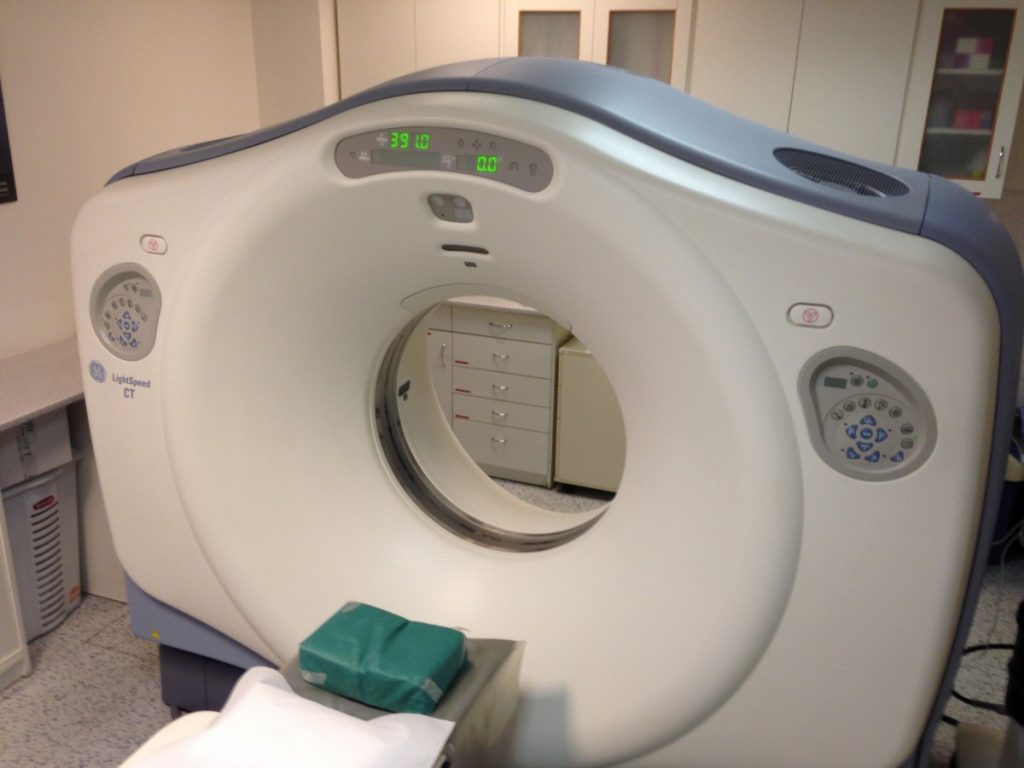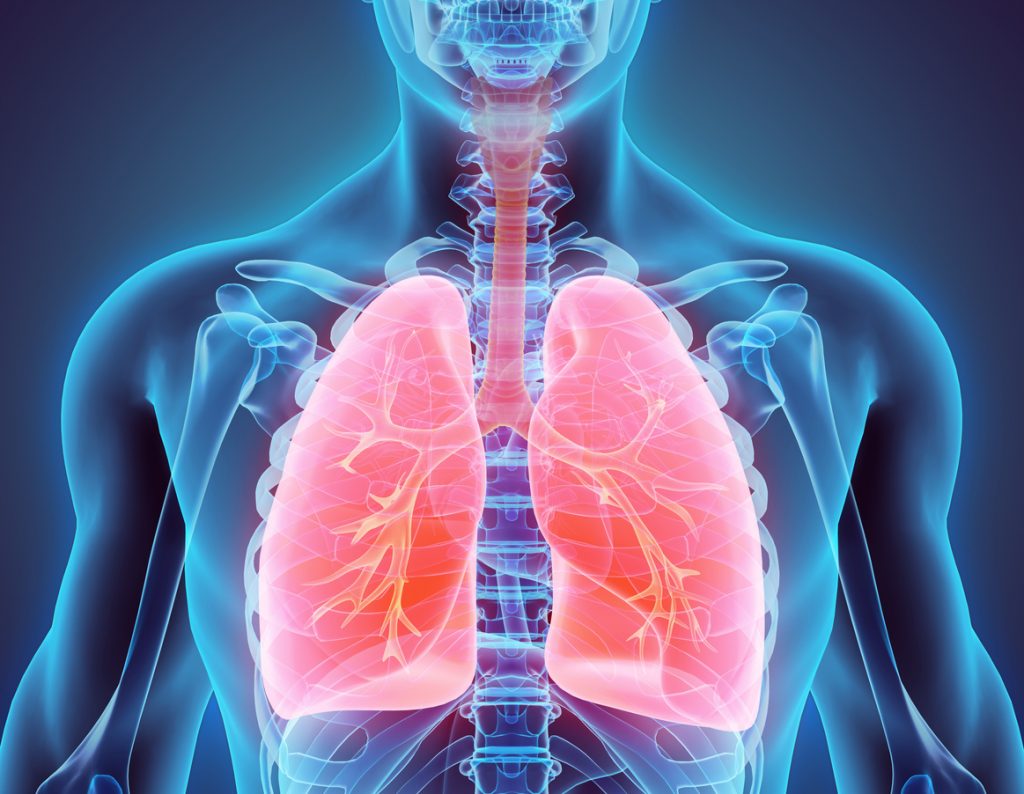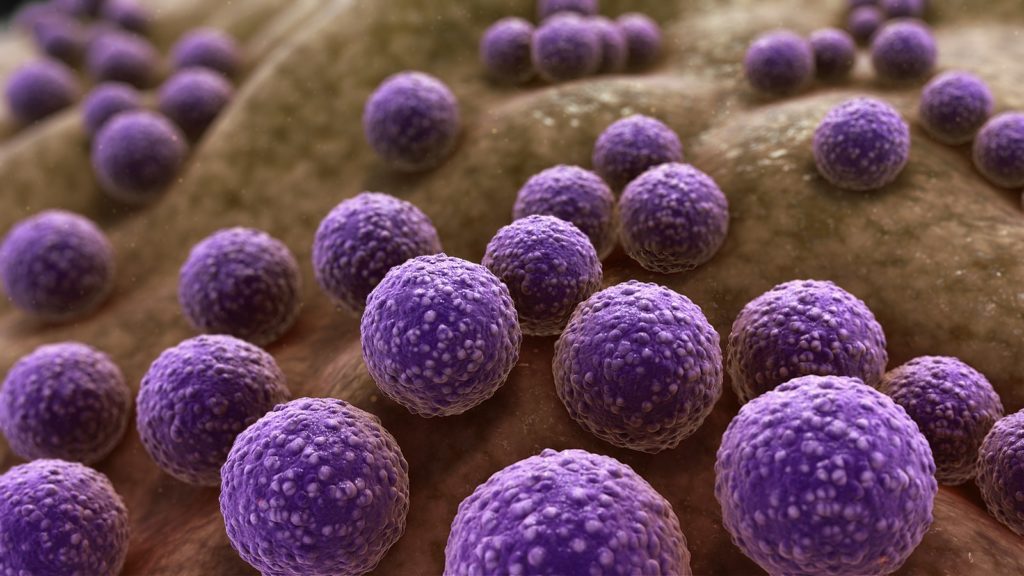Transcript
There are a number of different forms of lung or chest infection and pneumonia is one of those and it’s what we’re going to be talking about in this video.
Hi I’m Doctor Joe.
A lot of people will get chest colds or chest infections and they could be caused by a number of different causes. It may be just in relation to a cold or a flu, it can be a bronchitis, and of course it may be pneumonia. There are differences between all of these different types of infections and we can’t go through all of that in one video.
Suffice to say, that of those types pneumonia is potentially the most serious form and pneumonia is actually one of the infections that people can actually die of. Now before you all get sort of scared and run off, this is most likely to happen in people who are very close to dying anyway, so it’s a common cause of death in the elderly when there are already a number of other medical factors at play and pneumonia may just be the last straw on the proverbial camel’s back.
Pneumonia actually affects if you like the parenchyma or the substance of the lungs. So the lungs are made up of tubes and lung tissue. An infection of the tubes is bronchitis. It affects the bronchi. An infection of the lung substance is pneumonia. So that actually affects the parts of the lungs where the gas transfer between the lungs, the bronchi and the blood stream occur.
Again there are a number of different forms. You can get a viral pneumonia, that’s not as common. Bacterial pneumonia would be the commonest form and there are a number of different types of bacteria that can do that and there are also what are called atypical bacteria. The other form which is not seen very much these days in the Western world is tuberculosis. It’s not classed as a form of pneumonia but it’s in that same category.
Alrighty, what are the symptoms of pneumonia? It will start usually as a bit of a cough. It may not be that pronounced at first. It may follow on from some cold type symptoms, so perhaps a headache, a sore throat, bit of a temperature. By the time it’s actually within the lungs, most of the time people will have a temperature, it may be high, you know, 39 degrees or above, not in everybody, but most of the time. You will get a cough and it’s not always going to be productive, so it’s not always a given that you will be coughing stuff up, most of the time you will do.
As I’ve said, it will generally be caused by a bacteria. The way it will be diagnosed is that your doctor will have a listen to your lungs, and there will be certain sounds that your doctor will hear which will suggest pneumonia. Obviously the symptoms will be a pointer as well.
A chest x-ray can be the definitive way of sorting out whether it’s pneumonia or bronchitis, because there will be different findings. Pneumonia will affect one of the lobes of the lungs, either the upper or the lower or in the case of the right hand side, the middle. It doesn’t particularly matter which lobe is affected because treatment will be the same.
Treatment for pneumonia will be an antibiotic. If you’re able to cough some stuff up, that’s going to be helpful because your doctor will probably suggest that you do so into a cup and that’ll go off to the lab for analysis. If you can identify a specific bacteria, then obviously one would treat it with antibiotics that are shown to be effective against that bacteria.
Now that’ll be generally what happens in hospitals as well. Out in the community, very often we don’t want to wait a couple of days, so there are some antibiotics that can be started that are fairly likely to cover the bacteria. We can never be 100% certain but we can run with, you know, 95% probabilities as to what will work. So generally your doctor will suggest, in fact give you a prescription to start on some antibiotics.
In more severe cases and particularly in the elderly, they may need intravenous antibiotics and that will generally be done in hospital, although sometimes these days there are ways of this being managed in the home through various schemes that are run through hospitals in conjunction with GPs. Again, that will depend on a number of factors.
In children pneumonia will be treated pretty much the same, so again it will be treated with an antibiotic. In certain remote and rural communities pneumonia is a little bit more common. And certainly there is a connection between, if you like social circumstances, and the likelihood of getting pneumonia. So Indigenous citizens are at greater risk of pneumonia than perhaps a lot of the rest of us. And as part of that there are vaccinations for pneumonia that are given to children and that’ll be part of the vaccination schedule, and also for adults over the age of 65 there is vaccination against particular form of pneumonia.
One thing to be aware of with that is that there are a number of different bacteria that can cause pneumonia so the fact that you’ve had the vaccination means you won’t get that particular bacteria, but it’s not the same as saying it’s a force field against every form of bacteria. So if you do get the symptoms even if you had the vaccine, don’t just sit at home thinking, “I’ll be okay,” go along and get checked by your doctor.
Okay, for people who are otherwise fairly fit, well and healthy, if they do get pneumonia, it won’t be much fun for a week or maybe two, but you will recover and all will be, you know, reasonably well. In most instances children will recover as well. Older people, not always the case and pneumonia is one of the causes of death in this country. However, as we say, it’s generally not unless there are already some major medical issues going on.
Pneumonia is not particularly contagious. It can be passed from person to person but it is not highly contagious. And as we’ve said before, you’re more likely to get it, if for whatever reason your immunity may be reduced. So again, if you know of somebody that has pneumonia, you can go and visit them. It’s arguable that you may be of greater risk to them than them to you, if you’re coming in and perhaps you’re carrying a cold or something like that.
Alright, so to sum up, pneumonia is an infection of the chest. It is caused by a bacteria. It is quite treatable, but in some instances can be quite serious and indeed fatal, as we said before, particularly if people have other serious underlying medical conditions. If you do have any symptoms suggestive of pneumonia, and we touched on those in the video, then you certainly need to see your doctor, because pneumonia is one of the respiratory infections that does actually require an antibiotic.
There are some other supportive measures, breathing in some steam is old fashioned but helpful and some people may benefit from either a cough expectorant or other medications to help break up a bit of muck in the chest. Do have a chat with your doctor about whether those things are suitable for you.
So pneumonia, a serious but also treatable condition. It will knock people around. You will generally need to be off work or school for at least a week. Certainly if you do have any suspicions that you may be suffering from pneumonia, you do need to go and see your doctor.
More information
 |
For more information on the risk factors, symptoms and treatment of Pneumonia, see Pneumonia |
All content and media on the HealthEngine Blog is created and published online for informational purposes only. It is not intended to be a substitute for professional medical advice and should not be relied on as health or personal advice. Always seek the guidance of your doctor or other qualified health professional with any questions you may have regarding your health or a medical condition. Never disregard the advice of a medical professional, or delay in seeking it because of something you have read on this Website. If you think you may have a medical emergency, call your doctor, go to the nearest hospital emergency department, or call the emergency services immediately.







